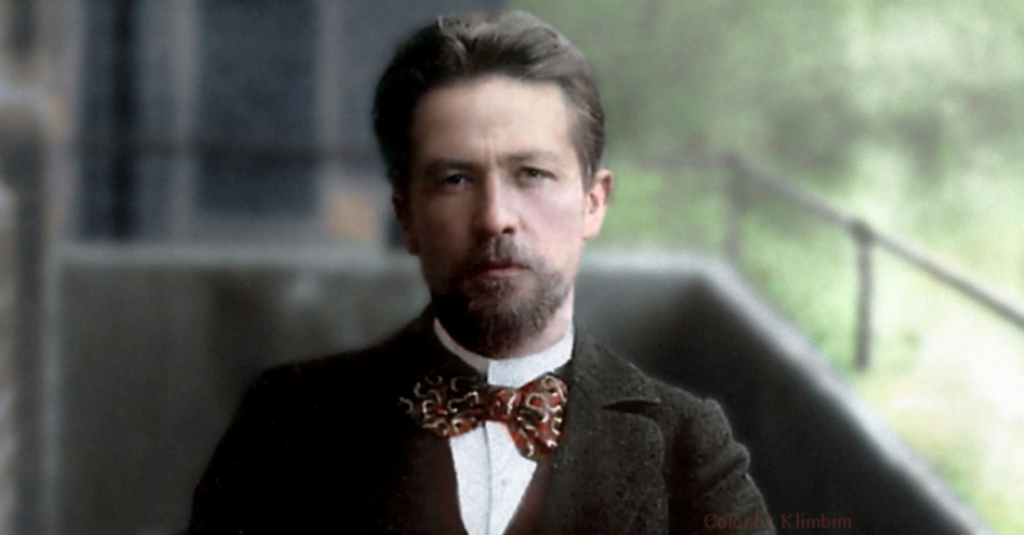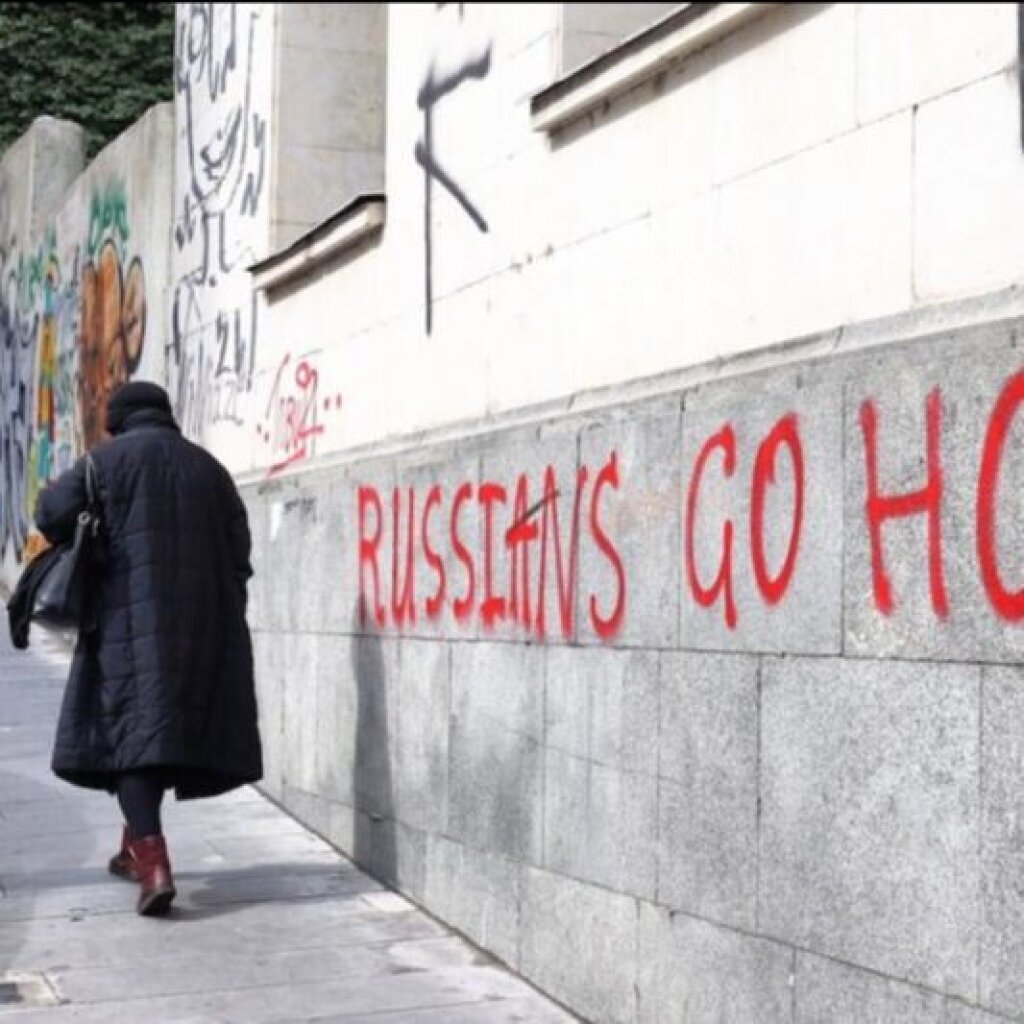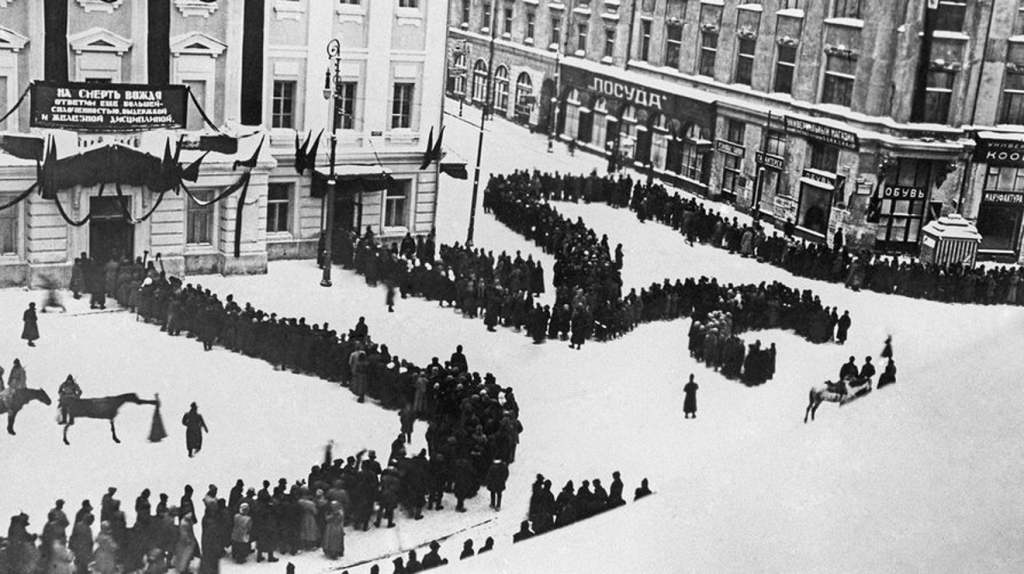On March 8th, 2017 please join us for "The Golden Age: Anton Chekhov And The Moscow Art Theater" featuring Aleksey Burago. The event is part of the Occasional series, sponsored by the Jordan Center for the Advanced Study of Russia.
From an early age, Anton Chekov was a theater lover. He wrote his first play when he was eighteen years old and eagerly presented it to Maria Nikolevna Ermolova, leading actress of the Imperial Theater. Of course she never read it.
All his life, Anton Chekhov was obsessed with the idea of creating a new theater. He used to spend hours in the studios of his friends—Russian impressionist painters Levitan and Korovin—and remarked that he longed to create the same kind of theater as the paintings on their canvases, one that would reflect real life around him, bursting with its colorful flaws, contradictions and complexity.
Because his ideas were new for his time, Chekhov felt discouraged by the various attempts of established theaters to stage his plays. After the infamous Seagull flop at the Alexandriisky Theater, Chekhov fled from St. Petersburg, promising himself and his close friends that he would never write another play. It took only the patience and intelligence of Nemerovich-Danchenko to convince Chekhov to give his unsuccessful play another try, this time to a new theater company led by Nemerovich-Danchenko and a certain actor/director named Konstantin Stanislavsky. What followed was a production that would elevate Chekhov's play to unforeseeable heights and shape him as one of the most important playwrights of all time.
Join critically acclaimed Russian stage director Aleksey Burago as he discusses a lesser-known Chekhov and his influence on the Moscow Art Theater. Through the decoding of Chekhov's letters and memoirs, as well as his extensive work in directing Chekhov's plays and short stories, Burago reveals a more relatable Chekhov, one whose work was never intended to be as depressive as most productions around the world.
A graduate of the Moscow Academy of Theatre Arts (GITIS), Aleksey Burago is a protégé of the world famous Russian director Pytor Fomenko. He has directed many productions to critical acclaim in Europe and America, including Beyond Recognition, which had a sold-out run at the Hermitage Theatre in St. Petersburg. His television production of Queen of Spades (Moscow TV) also received rave reviews. In New York, Aleksey has directed over thirty productions, including On the Eve (Obie Nominee), Ah, My Dear Anderson (Time Out NY Critic’s Pick), Gamblers, The Master and Margarita, Lady with a Lapdog With Jokes and a Happy Ending, Vassa, An Absolutely Happy Village, In Paris, The Seagull, The Magic Forest of Baba Yaga, The Bear, The Great Nothing, Uncle Vanya, Avenue of Wonder and My Uncle Chekhov. His latest production of Dostoevsky's Crime and Punishment played to rave reviews and enjoyed many sold-out performances at the West End Theater.
Aleksey is the recipient of numerous awards, including the Best Director Award at the Moscow Annual Festival of Classical Plays, Best Director Award at the St. Petersburg Comedy Festival, and the Best Show Award at the 2010 International United Solo Festival. Additionally, Aleksey's creation of Billy Bob Boils the Sea was selected to represent the United States at the 9th International Ordu Youth and Children’s Festival in Turkey. As a teacher, Aleksey has taught around the world, including at the Theatre Academy and Conservatory in St. Petersburg, Danish Theatre School GITIS Scandinavia in Denmark, Manhattanville College, the International Festival in Mexico, Bilkent University in Ankara Turkey, and most recently at the Theater Communications Laboratory in Osaka and Tokyo, Japan.



